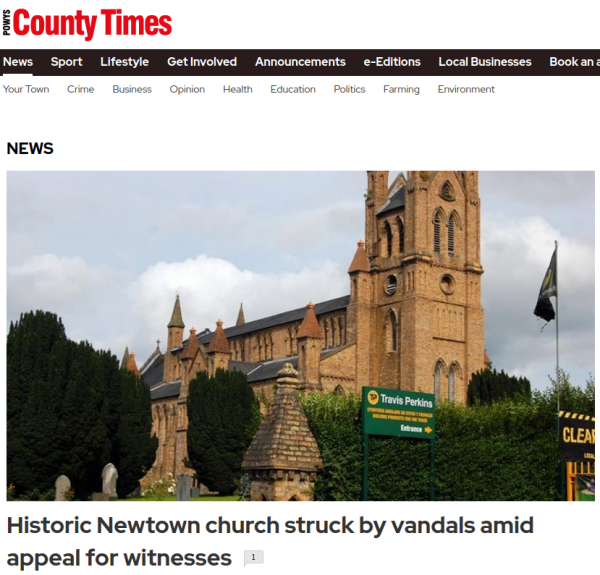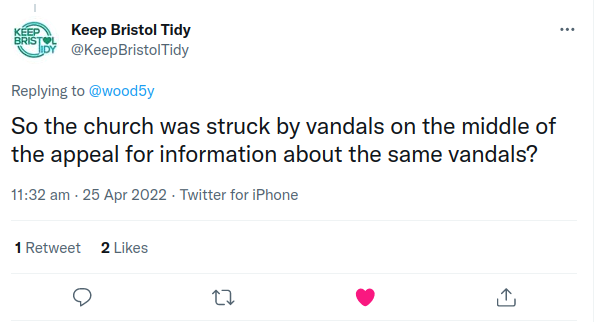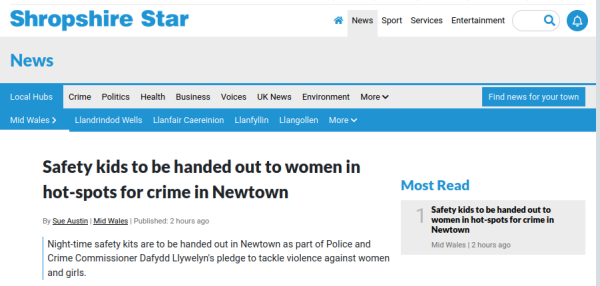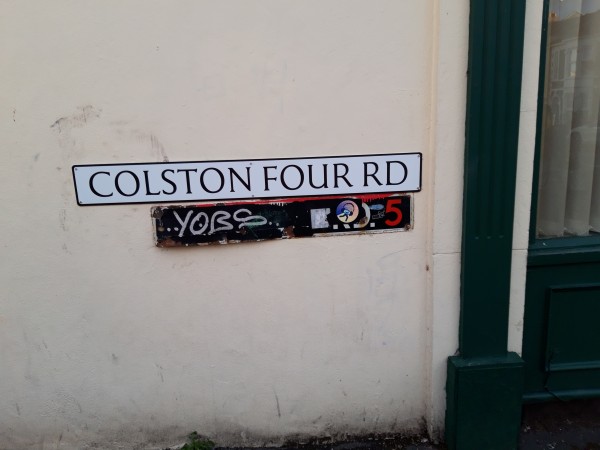Trolling the government
Whilst your ‘umble scribe has done his best to avoid the jubilee jollities, he cannot help noticing that, in addition to the usual criticism found on social media, two of the pillars of the British establishment, namely the Church of England and the monarchy itself, have been indulging in some very subtle digs at the government nominally under the supposed leadership of party-time alleged prime minister Alexander Boris de Pfeffel Johnson.
After being booed by a flag-waving, pro-Establishment crowd on his way into a thanksgiving service for Elizabeth Mountbatten-Windsor, Johnson gave a bible reading. The text chosen by whoever in the Church of England devised the order of service was a master stroke as it included the text of Phillipians 4:8, which reads as follows:
Finally, brothers and sisters, whatever is true, whatever is noble, whatever is right, whatever is pure, whatever is lovely, whatever is admirable—if anything is excellent or praiseworthy—think about such things.
Johnson’s lack of integrity is a matter of public record that extends back at least as far as his time as the Telegraph’s Brussels correspondent, when he would regularly tells lies and fabricate stories about what horrors the European Commission was hatching, thus adding further fuel to the xenophobic fire that eventually kindled into Brexit. Johnson has twice been sacked for lying, in addition to which he’s lied to his wives, his mistresses, parliament, the public and even to Elizabeth Mountbatten-Windsor herself. One of his employers, Max Hastings, is on record as saying: “Boris is a gold medal egomaniac. I would not trust him with my wife nor – from painful experience – my wallet.”
There is nothing pure, lovely, admirable, excellent or praiseworthy about the moral vacuum that resides beneath the superannuated blonde toddler haircut.
However, Johnson was not the only cabinet minister to be subjected to derision and ridicule.
Step forward please Priti Patel, a woman unfit to clean a public toilet inexplicably promoted way beyond her competence to the post of Home Secretary.
Patel’s choice of Barbie pink outfit to attend the jubilee thanksgiving service drew plenty of unpleasant comparisons on social media with Dolores Umbridge, a fictional character from the Harry Potter canon, who is described as “a fat, toad-like woman, with a wide, slack mouth, and a large bow usually in her hair and “one of the most hated, as well as the most compelling, villains in the series“.

Any resemblance to a cruel, inhuman and racist cabinet minister is purely coincidental.
Nevertheless, it was not only wags on Twitter who mocked the alleged home secretary. Buckingham Palace also joined in the fun.
Although the queen did not attend yesterday evening’s jubilee concert in person, she did appear in a specially commissioned video, as shown below. Here Paddington Bear who hails from ‘darkest Peru‘, arrived in this country wearing around his neck a label stating ‘Please look after this bear. Thank you.‘, and is perhaps this country’s best known fictional refugee (classified by the home secretary and her department as an illegal migrant. Ed.) is shown having tea at Buck House.
Patel would no doubt have the ursine migrant on one of her much-vaunted deportation flights to Rwanda.



 The
The 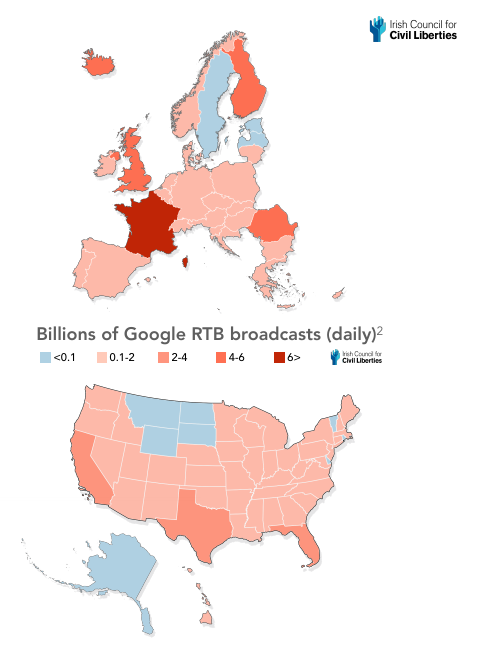


 The departure of the English Empire (which some still call the United Kingdom. Ed.) from the European Union is the gift that keeps on giving, especially for anywhere located outside that backward country and in another member EU member state.
The departure of the English Empire (which some still call the United Kingdom. Ed.) from the European Union is the gift that keeps on giving, especially for anywhere located outside that backward country and in another member EU member state.
 On the other hand, A short history of tractors in Tiverton and Honiton is a sordid, grubby little tale of unacceptable behaviour in the workplace, plus the lies proffered as explanations of such conduct, which first came to light in late April 2020.
On the other hand, A short history of tractors in Tiverton and Honiton is a sordid, grubby little tale of unacceptable behaviour in the workplace, plus the lies proffered as explanations of such conduct, which first came to light in late April 2020.
